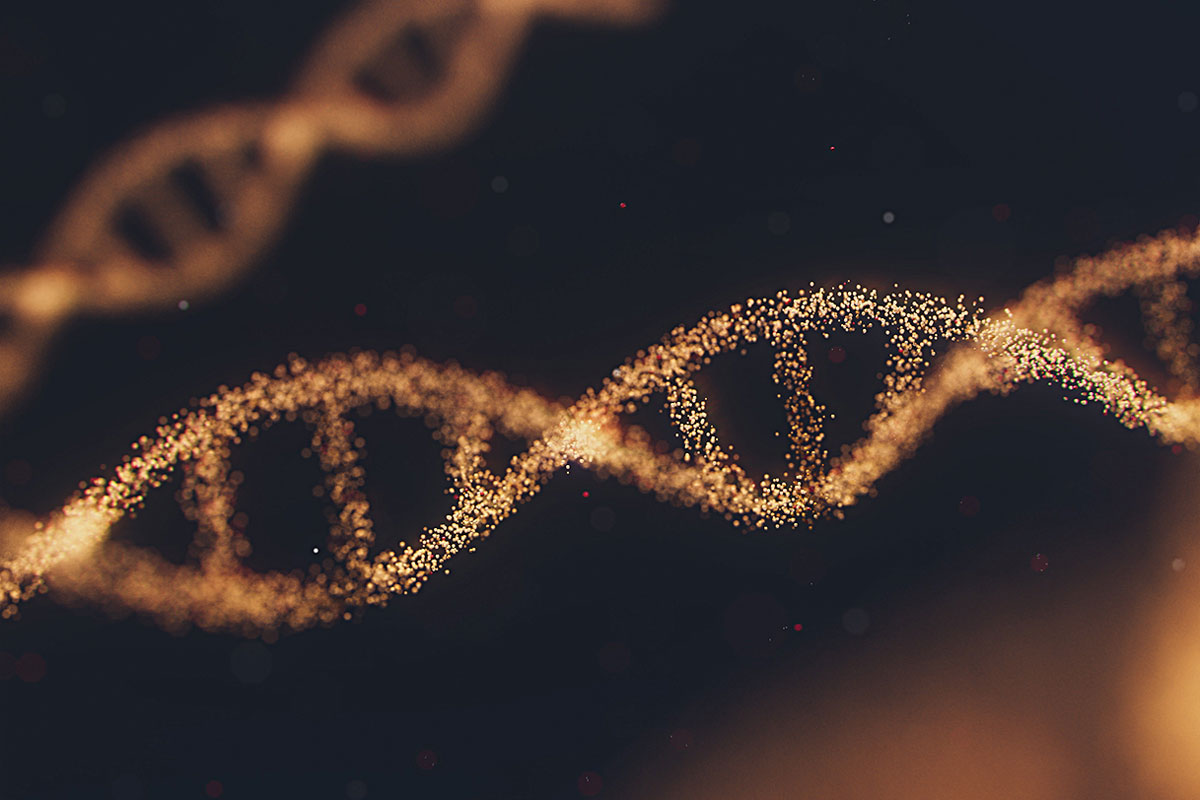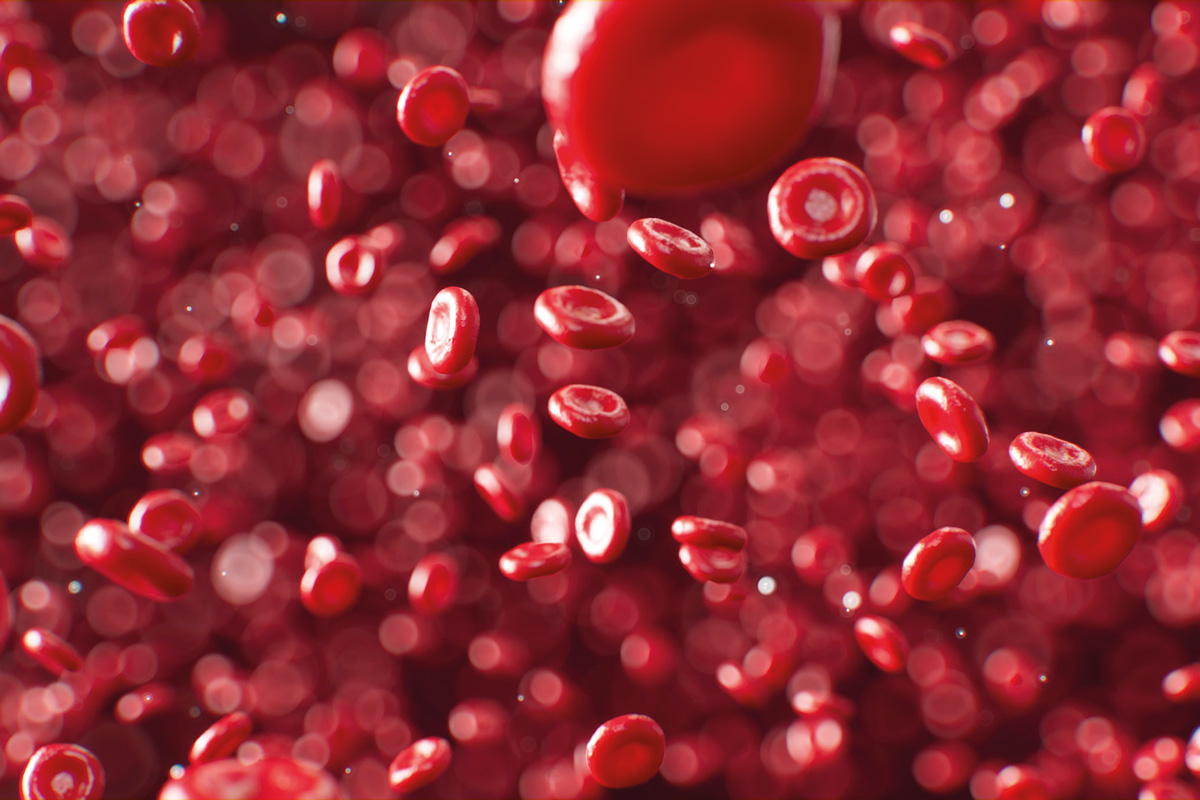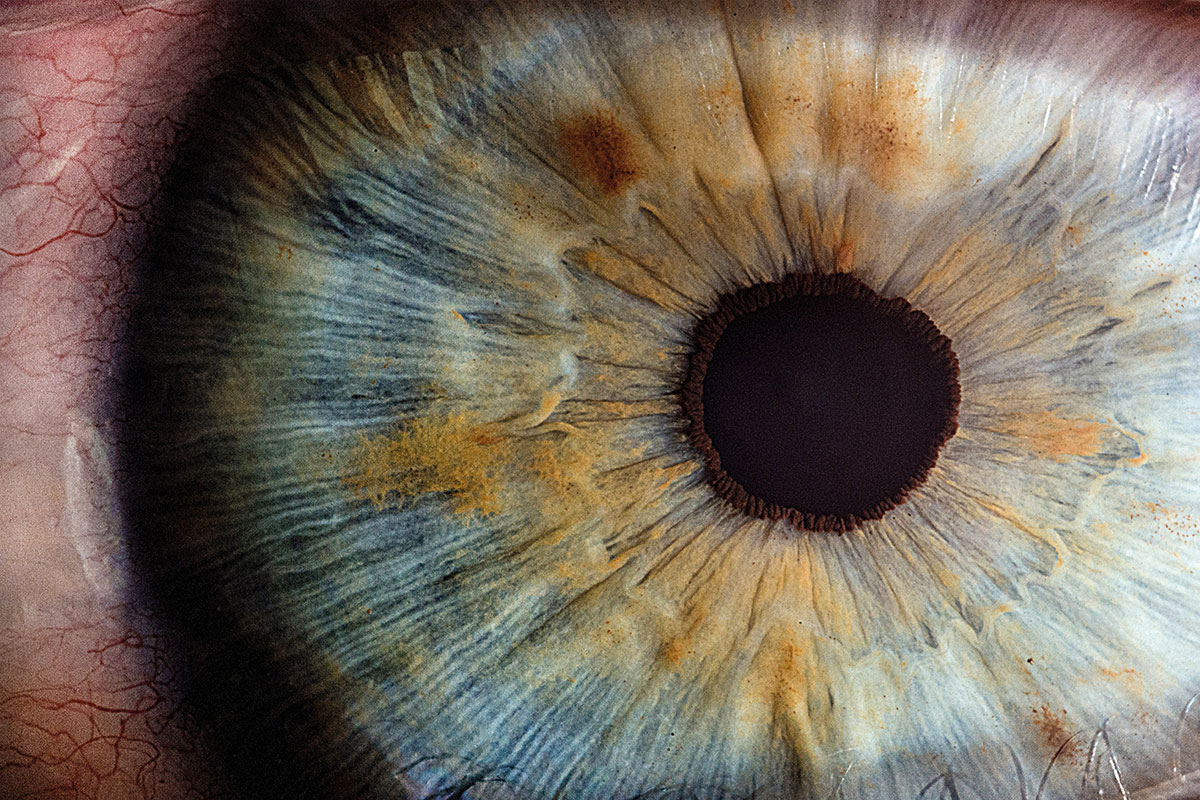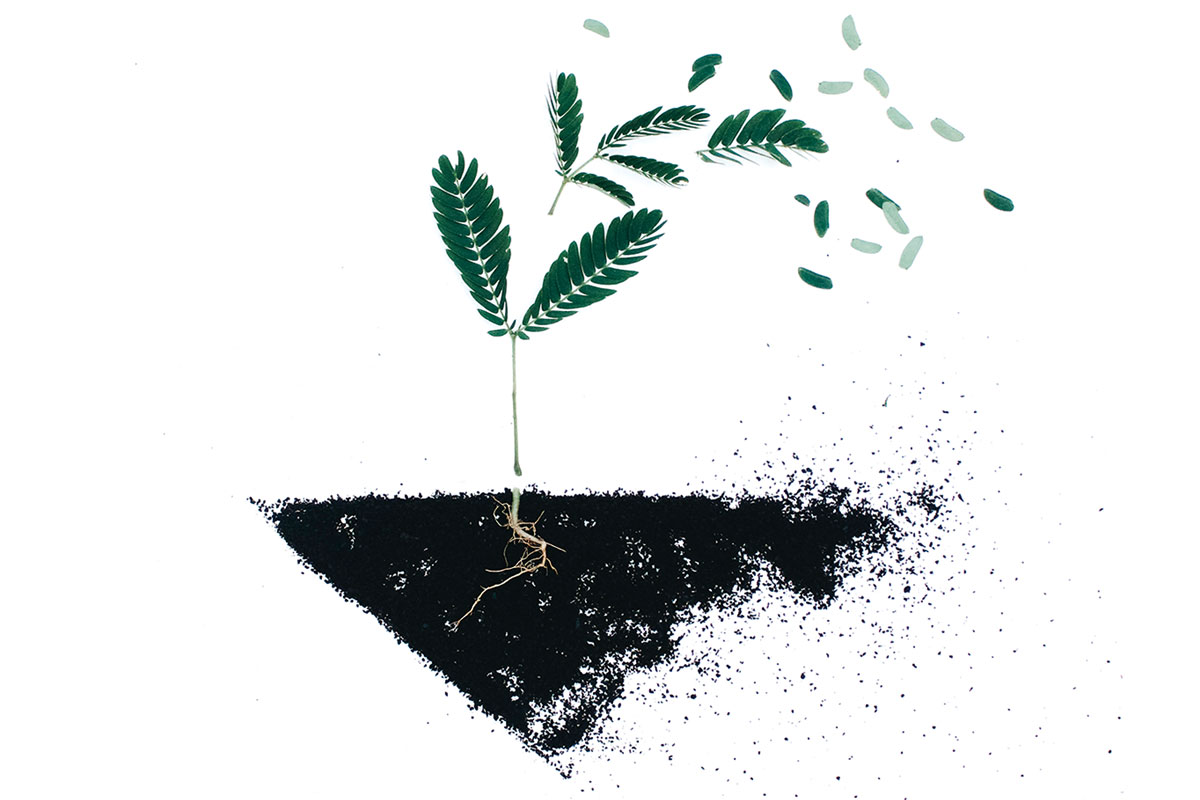Search
Gemma Marfany
Professor of Genetics at the University of Barcelona (Spain), with an extensive scientific and academic career in genetics. She directs a research group investigating the genetic basis of rare hereditary ailments, especially blindness. She is a member of the Institute of Biomedicine (IBUB), member of CIBERER, and of several commissions on bioethics. She is the co-founder of DBGen, a company which performs genetic diagnosis, has written two popular science books, and writes a weekly scientific science column at www.elnacional.cat.
The discovery of the double helix was the work of four people, and Rosalind Franklin's contribution is on a par with that of Wilkins, Watson, and Crick.
A year before his death, Galton wrote that only those with the best genes should reproduce (to have the best children, of course) and that the mentally deficient and short-tempered should be sterilised.
We share blood groups A, B and O with other hominids, but only blood groups A and O with chimpanzees and group B with gorillas.
We could say that being human implies having a brain with human consciousness, but this definition has no discrete and precise boundaries.
Genetics and language are closely connected. Some genes in humans have been essential for the development of complex language.
Humans, unlike some animals, do not base their mating choices exclusively on genetics. There are many cultural and social determinants.
Thanks to advances in genetics, we can extract a lot of information from DNA and infer a fairly detailed portrait of the person it belongs to.
We have all inherited DNA sequences from forgotten ancient ancestors
By giving away our DNA and genetic data, we are giving away the DNA and genetic data of our entire biological family. We have to think if the objective we are pursuing is worthwhile.
What do scientists do when they explain their own or others’ research? Do they communicate do they popularise? Gemma Marfany prefers to say she disseminates knowledge...
- 1
- 2










